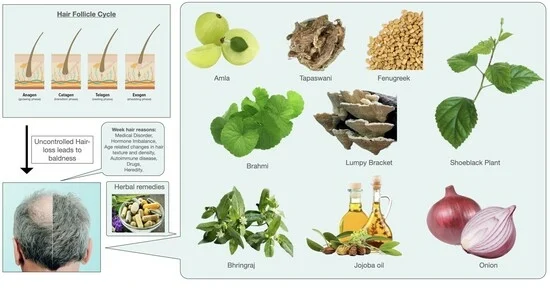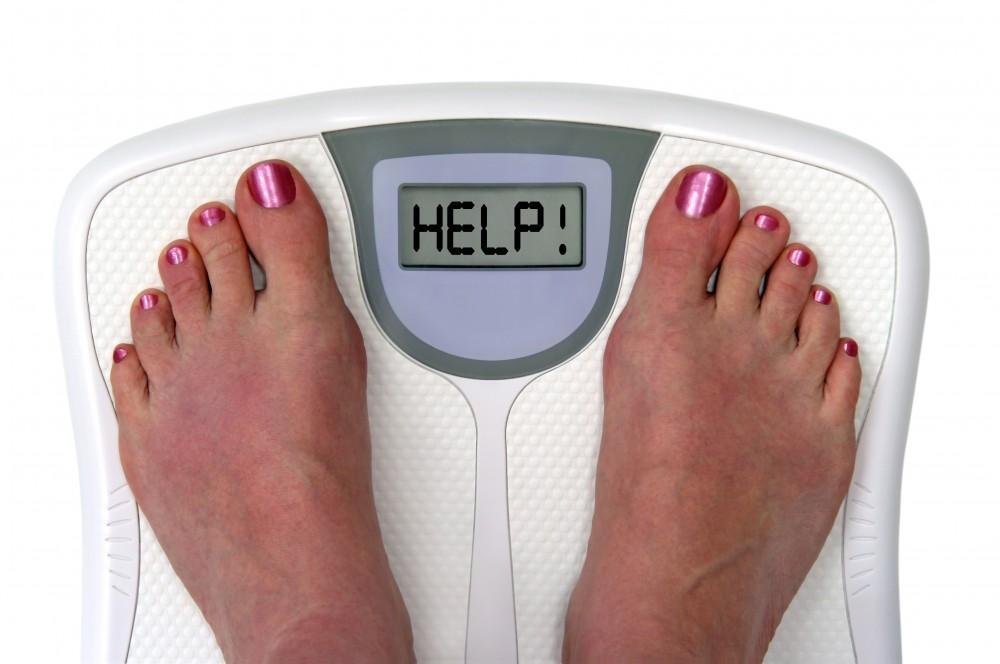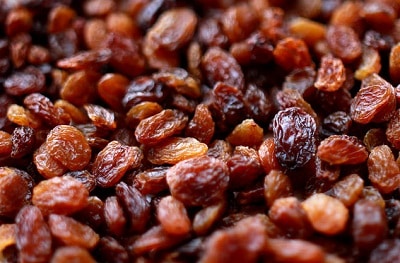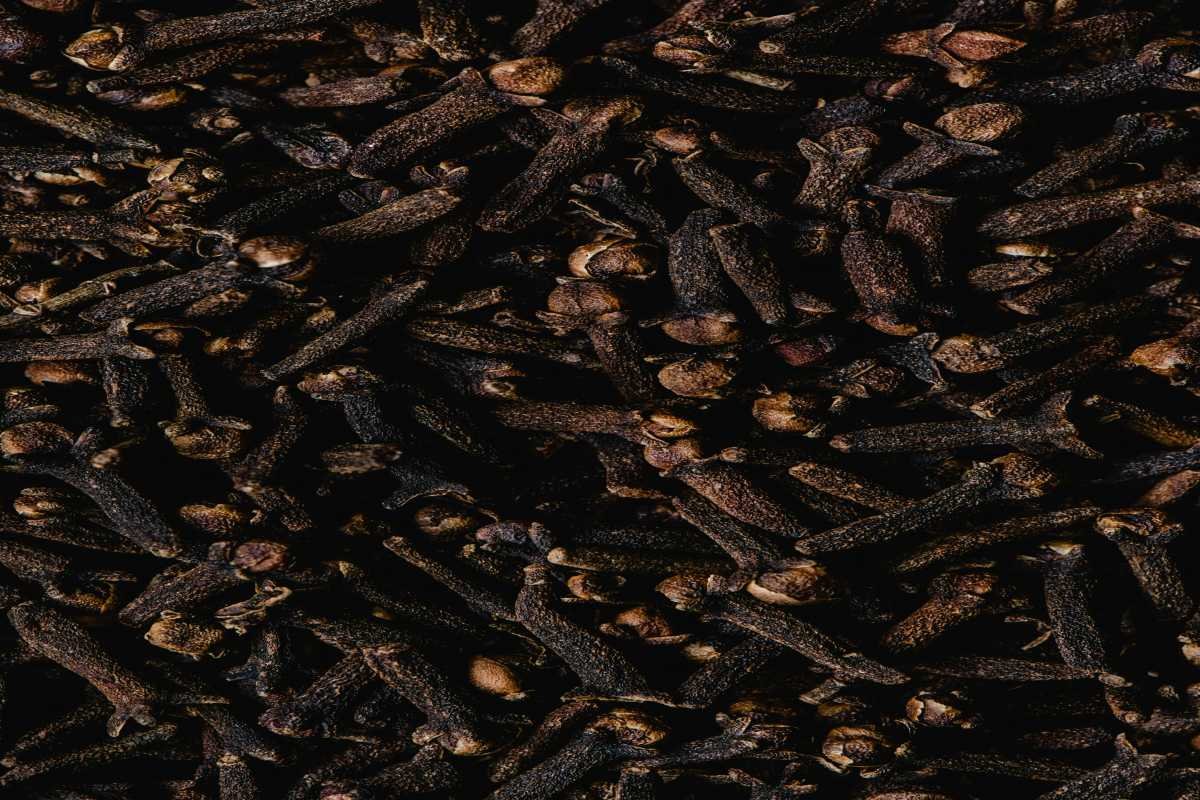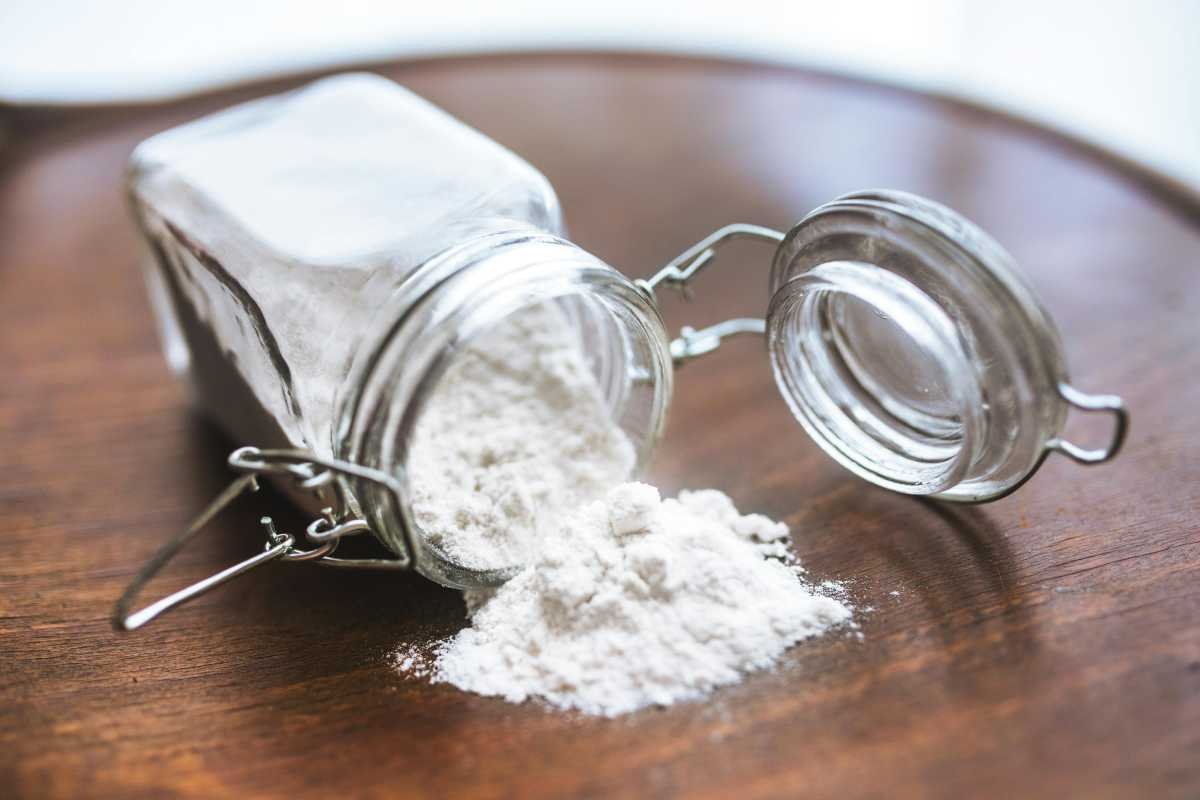Your Guide to Men’s Health Power Balance
In today’s fast-paced, high-pressure world, achieving true health is about more than lifting heavy or eating clean it’s about power and balance. Modern men face a unique set of health challenges: demanding jobs, family responsibilities, mental health struggles, and physical expectations. The key to thriving isn’t found in extremes, but in a well-rounded, informed approach … Read more


